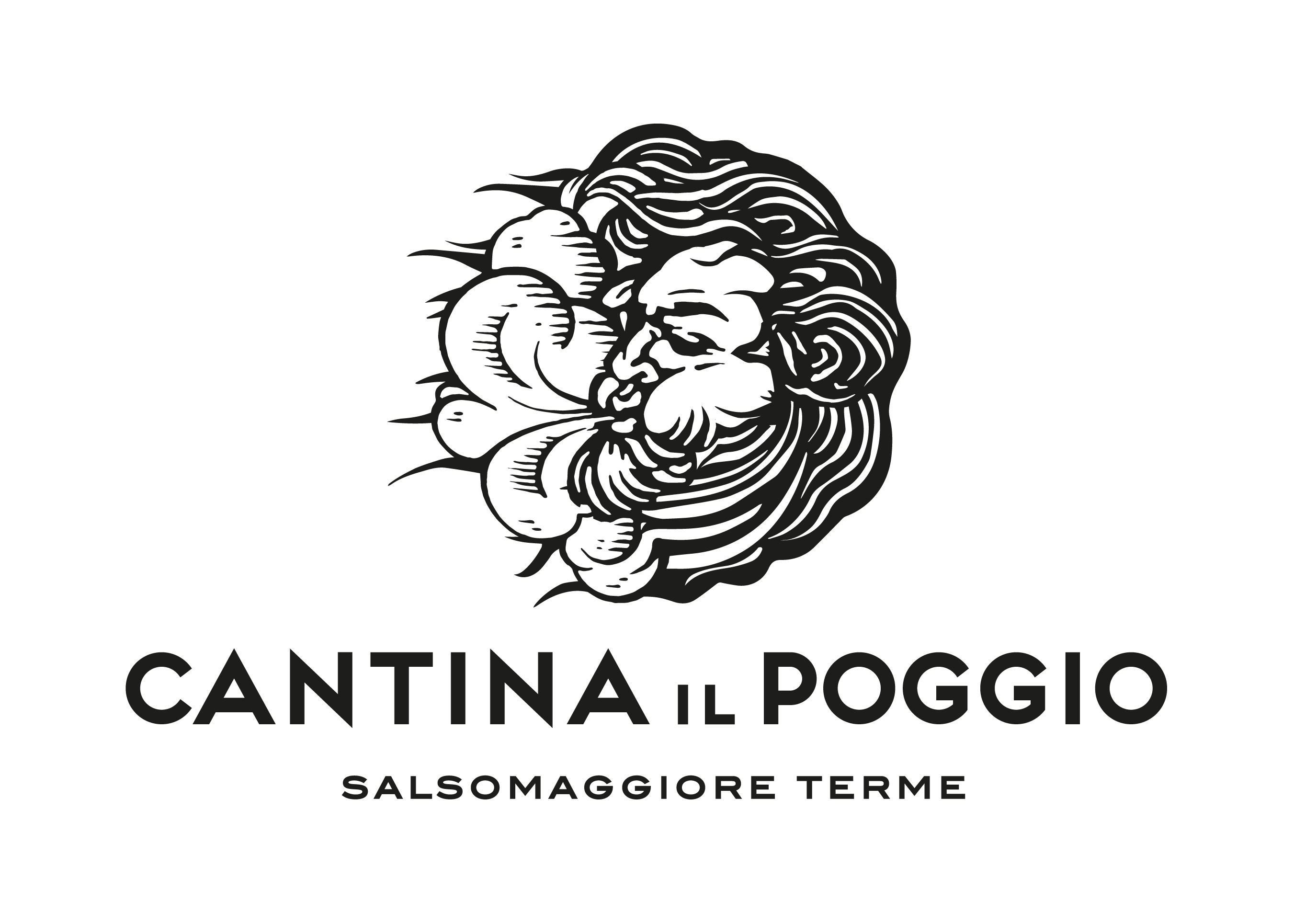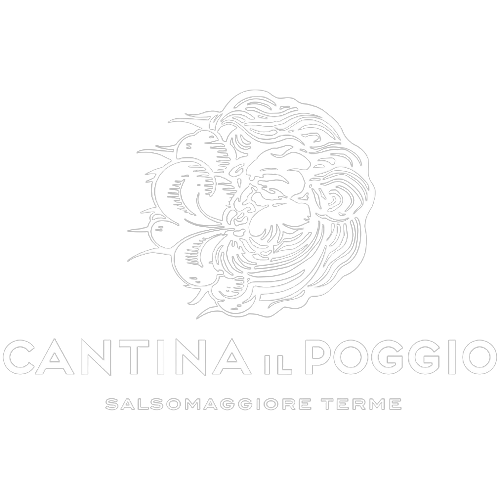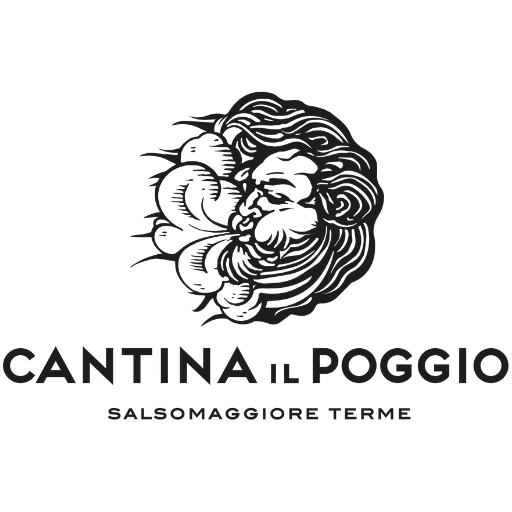Non-alcoholic Wines – Let’s talk about it
Non-alcoholic Wines – Let’s talk about it

Foto di Tobias Rademacher su Unsplash
Have you ever tried non-alcoholic beer? Have you ever had the desire to try it? Have you ever chosen it instead of an alcoholic beer?
So why should it be different for wine?
Let’s start from the beginning: why wine contains alcohol and why it is one of the most fundamental elements for a quality product?
Alcoholic fermentation, for dummies
So, without getting too technical and without scaring you with chemistry, I am going to explain you the process that turns grapes into wine, namely alcoholic fermentation.
Alcoholic fermentation is a chemical process, exothermic (= that generates heat), in which yeasts start to eat the sugars of the grapes, turning the juice into alcohol, CO2, and, most importantly, the typical perfumes and aromas which belong to the grape varietal.
During a wine tasting, at Cantina Il Poggio, we always try let the guest be fully immersed in the glass, in order to better develop your senses, especially the smell, the sense of memory, by recognizing the different primary, secondary, and tertiary aromas in the wine.
So, alcohol (ethanol) is the second most important element, after water, in wine. Alcohol itself has an organoleptic effect on wine, providing smoothness, roundness, and body, especially when we let the bottle rest for a few years (for example, our Poggio 2017 Riserva).
How non-alcoholic wine is produced
Non-alcoholic wine is obtained by evaporating the alcohol itself, using the technique of vacuum distillation or osmosis.
The problem is that with evaporation, all those organoleptic characteristics typical of the grape variety also evaporate. Consequently, to compensate for this lack, other perfumes and additives, which are not natural, are added, altering the true taste and obtaining a completely artificial product.
The rise of the non-alcoholic wine trend
The abuse of alcoholic beverages, especially in the past, has raisen in the new generations a greater attenton to human health and well-being in general. This includes wine as well.
Wine has also played a primary role: in Italy, a bottle of wine was always on the table and it was consumed every single day. People used to buy it at the supermarket, but with the scandal of Methanol, people have become more aware of their health and started to search for better quality, even if they needed to spend more money.
This has revolutionized everything over the course of a decade and reshuffled the deck, perhaps more than we could have ever imagined.
Nowaday, we are living in the “-free” era Because we abused refined flours, today we have to eat gluten-free products. We abused milk and dairy products, consequently, today we choose lactose-free goods. Because we abused sugar, today we are forced to choose sugar-free.
Then it was the turn of strong alcoholic beverages, beer, and in the middle, there was the birth of synthetic meat, leading to the great debate about wine.
Should trends really dictate the rules?
As Gaetano Morella, vice president of Fivi (International federation of Indipendent Winemakers), rightly pointed out in an interview with Gambero Rosso: “We cannot move towards the industrialization of agriculture. Having a commercial opportunity cannot justify everything, anytime, and anyhow. It’s fine that a market opens up for this product, but don’t call it wine.”
Let’s be honest: this is a world where, thanks to or due to social media, a trend is able to revolutionize and question our traditions and principles, allowing industry and technology to increasingly take over.
Wine is also reasoning
I once attended a wine class, by professor Alessandro Brizi, a professional who has the ability to engage you fully on the matter.
During his lesson, he stated: “wine is also reasoning,” and that struck me particularly. Surely, it is necessary to study hard in order to learn even a small part of what the historical and global wine landscape is, but knowing about wine also means being able to reason, to grasp ideas even without knowing the subject.
During the guided tour of Cantina Il Poggio, we often encourage people to reason, especially about winemaking methods: firstly, to let you feel more involved in the subject, but also to stimulate critical thinking.
Probably, we have forgotten the famous “middle ground.” Balance, moderate consumption, seem to no longer be part of this world: either we must abuse everything or we must embrace the “-free” cause.
What if that middle ground is precisely what could save our traditions and wine with it?
And what about you? Have you or would you try non-alcoholic wines? On what occasion? Let us know in the comment section down below!👇🏻



